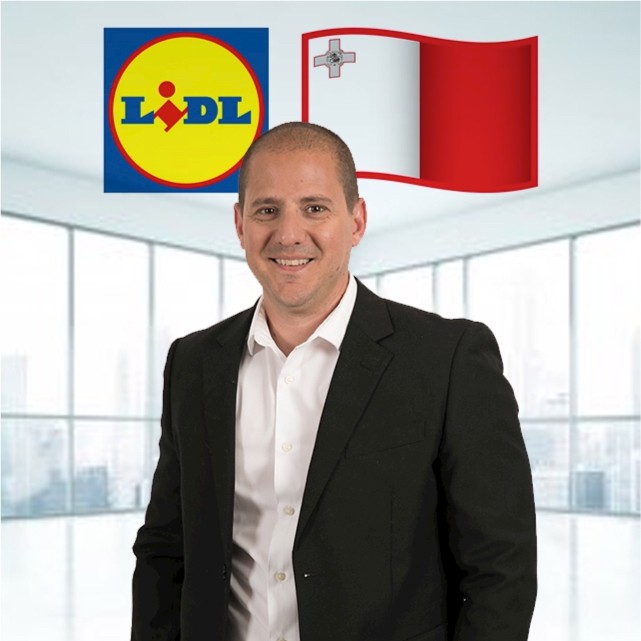Farsons Group CEO Norman Aquilina on Friday highlighted the “dire need” for a rectification of the idea that Malta’s large businesses are solely targeting profits, saying it is wrong to automatically associate them with abuse of power.
His reflections came after Finance Minister Clyde Caruana earlier this week said that there is a lack of competition within Malta’s economy, noting that in practically every sector, there are at best “three or four” providers and suppliers. Minister Caruana remarked that Malta’s markets are “made up of cartels”, which tend to thrive in smaller markets.
Cartels are organisations or groups of producers and suppliers of goods and services that seek to maintain control over supply or prices. These companies work together to keep prices at a high level, restricting competition in the process. Such organisations are prohibited domestically by the Competition Act, as well as under European Union (EU) law.
Mr Aquilina stated that Minister Caruana’s remarks are “concerning generalisations”, adding that it is worrying that many larger businesses are being automatically tied to anti-competitive practices.
“Such claims are clouding-up the distinction between being dominant as opposed to being loosely tagged as a cartel, and likewise, between making a legitimate profit as opposed to profiteering,” he said.
“But why is there this vilification, scepticism, and distrust towards big businesses? Maybe, considering the prevailing cost of living pressures it is not too surprising to hear such populist conspiracy theories,” he continued.
Mr Aquilina added that there is a “dire need” to rectify this “growing obscure view of diabolically depicting” large businesses as a “ruthless profiteering breed”.
Given the lack of natural resources present in Malta, the country has always been dependent on imports in order to meet the needs and wants of its rapidly growing population. According to the National Statistics Office (NSO), in August 2023 alone, Malta’s imports amounted to €893.3 million, which although represented a decrease from previous months, is still a strikingly high value, contributing to a total trade in goods deficit of €552.9 million.
Earlier this month, Member of European Parliament (MEP) Alex Agius Saliba called for greater regulation from the Chamber of Small and Medium Enterprises (SMEs) when it comes to the prices of goods, highlighting stark differences in prices for the same product from one store to another.
In his post, Mr Aquilina acknowledged that not all big businesses are “right and pure”, yet he also stressed that it is “outright incorrect” to automatically associate all of them with cartels or other types of abuse of power.
“Just as competition law experts will tell you, being dominant does not render a business anti-competitive. It is any resultant abuse of its dominant position that would,” Mr Aquilina explained.
He clarified that a number of large businesses are “exemplary in their ways of working and values they uphold and practice”. Despite size being a “consideration of influence”, it ultimately does not determine whether a business is legitimate or not.

Non-Executive Director Philip Micallef / LinkedIn
“It is how it operates, sets and attains its corporate goals that distinguishes on which side of the fence a business stands,” Mr Aquilina concluded.
His comments were met with positive reactions from a number of seasoned business leaders, who agreed with Mr Aquilina. One was former Air Malta CEO and veteran Non-Executive Director Philip Micallef, who stated that competition law is already in place to combat such cartels.
“Gratuitous remarks by a Minister with no corresponding action from the regulator simply demonstrates that attacking businesses with no concrete proof as per law is just a political vote-catching exercise to justify Government’s inability to combat inflation,” he said.

Lidl Malta Sales Operations Manager Owen Micallef / LinkedIn
In a separate social media post also shared on Friday, Lidl Malta Ltd Sales Operations Manager Owen Micallef was in agreement with Mr Aquilina’s thinking, noting that being dominant in a market “does not equally equate to being a cartel”.
Mr Micallef questioned why larger businesses are being targeted, “especially when these same businesses stood shoulder to shoulder in recent dire times”.
“Surely, not all big businesses are the best businesses around. Nonetheless, big businesses can refrain from abuse of power and whilst making a profit refrain from profiteering. The association is not automatic,” he emphasised.
Main Image:Farsons Group CEO Norman Aquilina
